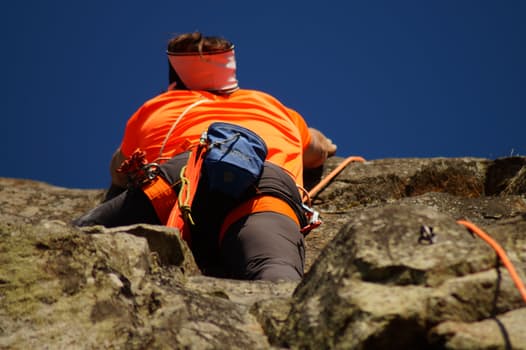After conducting international F/S surveys in Russia, Sweden, and Switzerland, the company has expanded its international business to 22 countries.
Company C
3D measurement, structure inspection, construction surveying / Osaka

Profile of Company C
【Business】Surveying, design, construction management, surveying, and system development
【Capital】30 million yen
【Sales】 1.5 billion yen
【Number of employees】118
【Established】1995
Inquiries and issues
We need to expand their sales channels internationally.
We want to sign a contract directly with an international manufacturer or distributor, rather than through a Japanese trading company or distributor.
Paccloa’s Proposals and Support
Formulation of international business plan
Conducted Swiss F/S survey for contracts with major international manufacturers.
Conducted Russian F/S survey to develop international distributors
Guidance on how to make presentations to international companies
Support for building international websites
Outcome
Signed a collaboration agreement with a major international manufacturer.
(Utilization of the major manufacturer’s distributor network enables international expansion at a lower risk and lower cost than if the company were to go it on its own).
Know-how to negotiate with international companies
An internal structure that allows international expansion to run on its own
(Easy to understand by international companies) Web site
Testimonial from the president
Our product is the only one measuring machine that can accurately measure the position and width of cracks of 0.4 mm or less at a distance of 100 m. We developed it independently.
The product was announced in 2006, and received much attention and media coverage from the outset, winning numerous awards (from the Ministry of Education, Culture, Sports, Science and Technology, the Ministry of Land, Infrastructure, Transport and Tourism, the Ministry of Economy, Trade and Industry, etc.).
In 2008, it was designated as a recommended technology by the Ministry of Land, Infrastructure, Transport and Tourism, proving its high technology and superiority.
However, superior technology does not always lead to profitable business (it was not accepted in the stereotypical Japanese market), and our company’s business was in a very difficult situation due to advertising and technology development expenses.
At that time, one of our professors advised us, “This product would sell better overseas than in Japan. We began to focus on the international market.”
However, at that time, we had no English-speaking employees and no experience in selling products internationally.
We participated in our first international exhibition in 2012 with a subsidy from the prefectural government, but we had no wisdom, ran out of funds, and did not know what to do next.
We were about to give up on the idea of international expansion, thinking it was just a dream, a faraway world, when we met Ms. Ogawa.
At the end of 2012, I asked Ms. Ogawa for guidance, and in February 2013, our international sales activities began in earnest.
Ms. Ogawa accompanied me on a presentation trip to Russia, Sweden, and Switzerland, where we visited countries that had responded well to the exhibition, and where we gave presentations in each country.
During the 14 days and 12 nights, we changed accommodations 6 times and took 14 plane transfers (in extremely cold Russia, no less). During the trip, I visited 24 companies (including organizations) and was able to learn (basic knowledge) how to present, negotiate, and proceed with contracts through practice.
The instruction on presentation was especially strict, but we were able to actually sell our products in Sweden and achieved success.
After returning to Japan, we were able to clarify what we needed to do, such as improving our website, reviewing our company structure, and overcoming language barriers, and our international expansion proceeded at an accelerated pace.
Five years later, with Ms. Ogawa’s advice at every turn, we are now doing business in 22 countries, and have even been able to do work related to ODA.
Currently, we employ 10 foreign employees (engineers and sales engineers) and 4 Japanese employees with TOEIC scores of 900.
We have grown into a “company that measures the world’s infrastructure with new technology” that can handle 95% of the world’s languages (English, Chinese, Spanish, Hindi, Vietnamese, Russian, Thai, and Nepali).
Strangely enough, our international performance is valued several times more than its domestic counterparts.
This has led to an increase in domestic orders, and we have been able to grow by 20% for five consecutive quarters. We were also able to escape from a business crisis, and our sales and number of employees have tripled in the past five years. In addition, our international expansion has given us an advantage in recruiting new graduates.
We feel that our decision to make international expansion in 2012 was the right one.
I know that some may think that Ms. Ogawa’s guidance is a bit harsh, but in addition to her extensive network of contacts and experience, her strict attitude toward business has been a great learning experience for our employees.
Looking back over the past five years, I feel that we were able to advance toward our goal in the shortest possible distance. I believe this is because we were able to make a start facing the direction of the shortest distance.
I am deeply grateful to Ms. Ogawa for guiding us in the direction of our goal, guiding us from the basics to the finish line.
